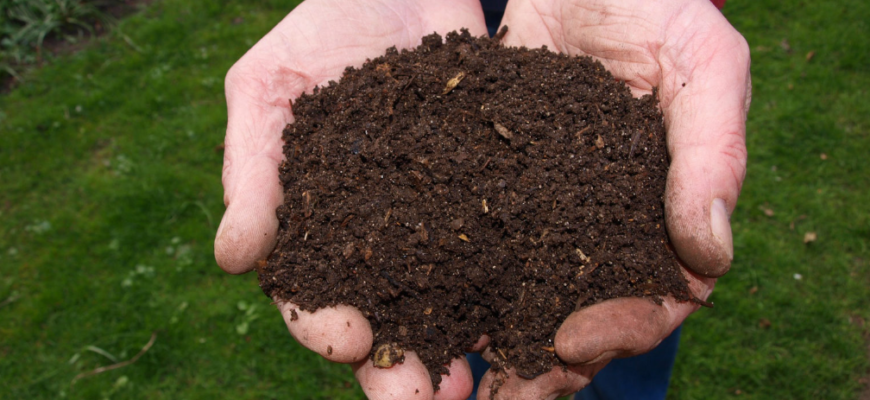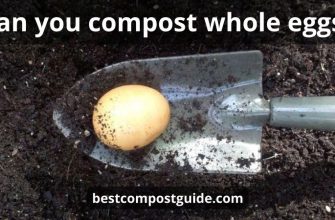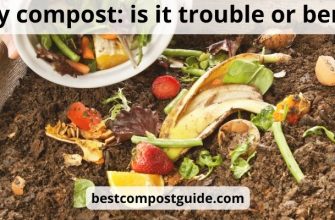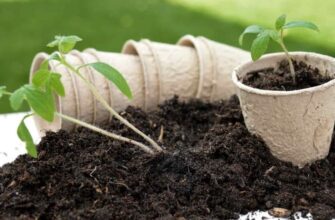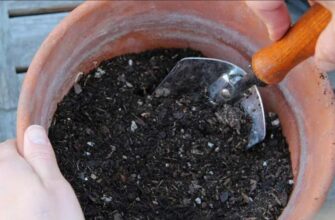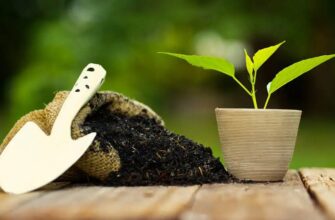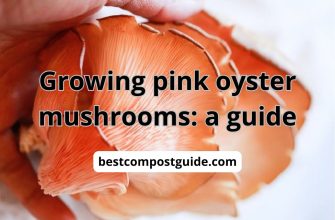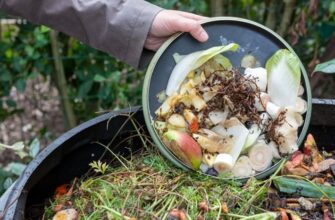When it comes to the soil in a garden, few people associate it with unpleasant odors, such as sulfur, rotten eggs, and ammonia. However, unpleasant odors in the soil appear quite often. You can read more about the causes of bad-smelling soil in this article.
- Anaerobic soil
- Causes of an unpleasant odor
- Moss
- Dense soil
- Waterlogging of the potting soil
- Solution
- Moss removal
- Soil loosening
- Soil drying
- Watering control
- Why does fresh soil smell musty?
- Reasons for such situations
- Why does soil smell like sewage and how to solve a problem?
- Diagnostics
- Intervention
- Care and rehabilitation
- Bad soil smells of animal excrement
- How to solve a problem with bad soil smell?
- Ways to improve soil smell
- Application of cinnamon for smelly soil
- Adding baking soda
- Peppermint oil for smelly soil
- Application of non-synthetic zeolite
- Mixing with activated carbon
- Adding special clay
- Non-use of soil
- Soil lack flavor
- The reason for the lack of smell
- How to fix the situation?
- Determining the right soil
- The smell of healthy potting soil
- Results about bad smells of the soil
Anaerobic soil
The main reason for bad-smelling soil is that it has anaerobic bacteria. Plants prefer to consume nitrogen, potassium, and phosphorus, which are produced when compost or fertilizer decomposes.
These components give the potting soil a pleasant aroma. If you notice bad-smelling soil, it means that it lacks oxygen.
Many people know that plants consume carbon monoxide and produce oxygen during photosynthesis. If the potting soil is anaerobic, oxygen does not exhale. It is difficult for the root system to absorb water, which leads to the death of the plant.
Causes of an unpleasant odor
When it comes to anaerobic soil, bad odors can occur for several reasons. There are 3 of them in total. If you begin to notice an unpleasant smell of ammonia or urine, then the drainage is not done correctly. Therefore, the water does not drain, but stagnates, and provokes an unpleasant odor.
Anaerobic soil can be provoked by several factors, including moss, excessively dense potting soil, and waterlogging.
Moss
If there is a lot of moss in the potting soil, it absorbs all the available oxygen. Often this is done precisely by the upper part of the moss.
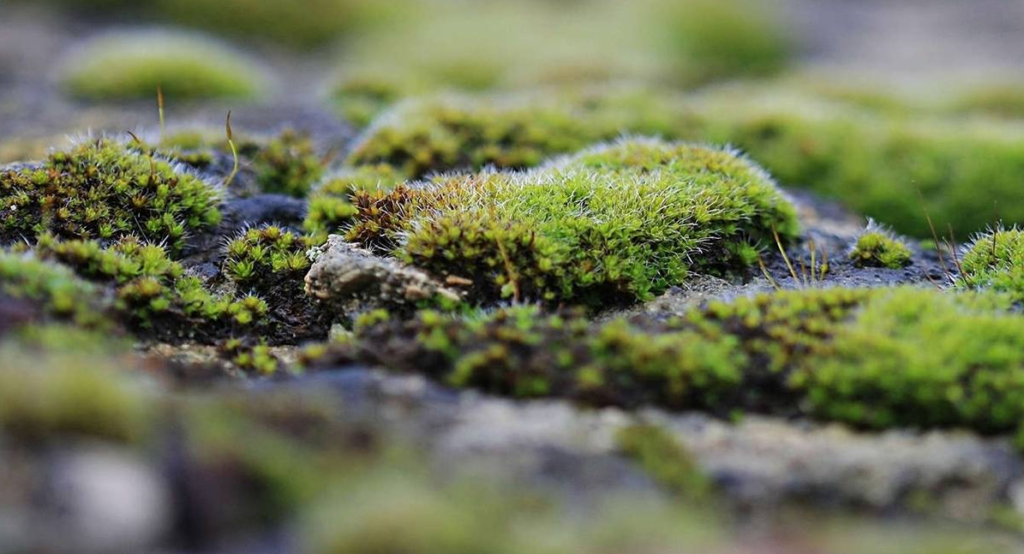
Dense soil
If the density of the potting soil is increased, air does not seep in. Therefore, the root system experiences a lack of oxygen. Even if you irrigate the site, the anaerobic soil cannot pass enough air through itself. Plants begin to suffocate and soon die.
If, however, the amount of oxygen begins to decrease in dense soil actively, anaerobic bacteria flourishes. This triggers the production of metabolites that can kill plant roots.
Waterlogging of the potting soil
Often the bad smell is because the anaerobic soil has a poor drainage system, so the water stagnates and cannot get to the root system.
With excessive moisture in the potting soil, there is not enough oxygen left in the pores for the normal development of indoor plants.
This contributes to the release of carbon dioxide and ethylene. Because of this, the root system of plants stops growing. Many people wonder, why does the soil smell like sewage?
If you notice a sharp and unpleasant soil odor, this indicates that a decomposition process is taking place. However, you should not panic because there are several methods to correct the situation.
Solution
Many people ask, how do you get rid of sewer smell in soil? First, you need to check the oxygen content in the potting soil. The optimal performance is 25%. There are several ways to increase oxygen levels.
Moss removal
First of all, moss and other life forms should be removed. They consume excessive amounts of oxygen from the potting soil and make it unsuitable for planting.
Soil loosening
In the process of loosening, you can add some organic matter, sand, peat moss, and nutrients. However, components or primers containing clay should not be used.
They only aggravate the density of the potting soil. You can reduce the density of the soil if you make good drainage, and improve the porosity.
Soil drying
If the potting soil is very waterlogged, it needs to be slightly dried. To do this, reduce the intensity of watering the waterlogged soil.
After that, its porosity should be normalized by reducing the amount of clay. You can also add some organic matter.
Watering control
If there is a problem with the drainage system, it is recommended to clean the holes in the containers so that the water drains.
To prevent waterlogging, try to reduce the frequency of watering. The indoor plants should be watered so that the water occupies no more than a quarter of the entire volume of the pot.
If the potting soil seems damp to you now, water it after a few days. Watering should be avoided if the drainage holes are still wet.
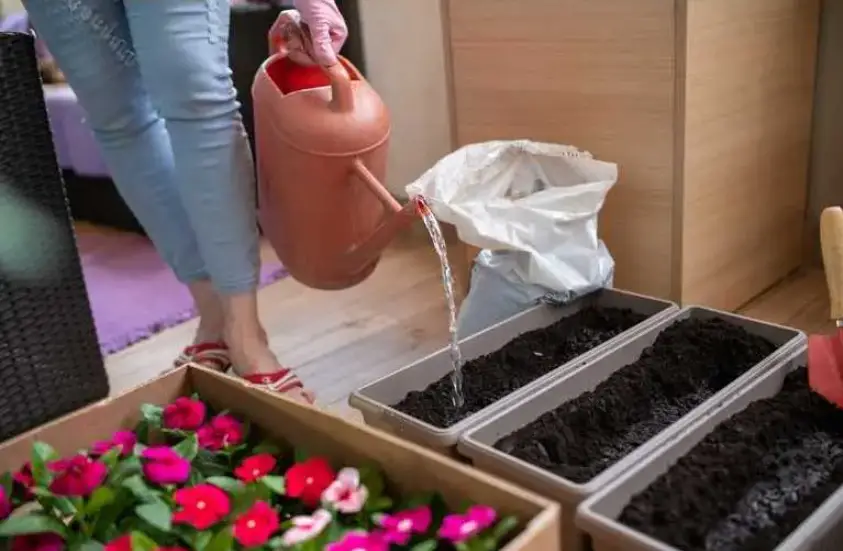
Why does fresh soil smell musty?
Often, unpleasant soil smells appear if it has been infected. Many people wonder, why does my dirt smell rotten?
Often, such odors occur if the root rot has affected the root system. At first, the leaves begin to turn yellow, after which the plants fade, even despite regular watering.
Reasons for such situations
Such situations can arise for various reasons. The most basic is root rot.
The root rot can be identified by the swampy smell of the potting soil, as well as the softness and darkening of the roots. The disease occurs if you water the plants abundantly, or if you used already infected soil when planting.
Due to the high water content, microbes, and bacteria begin to develop more strongly. After, they begin to multiply and pollute the fresh soil, blocking the entry of oxygen.
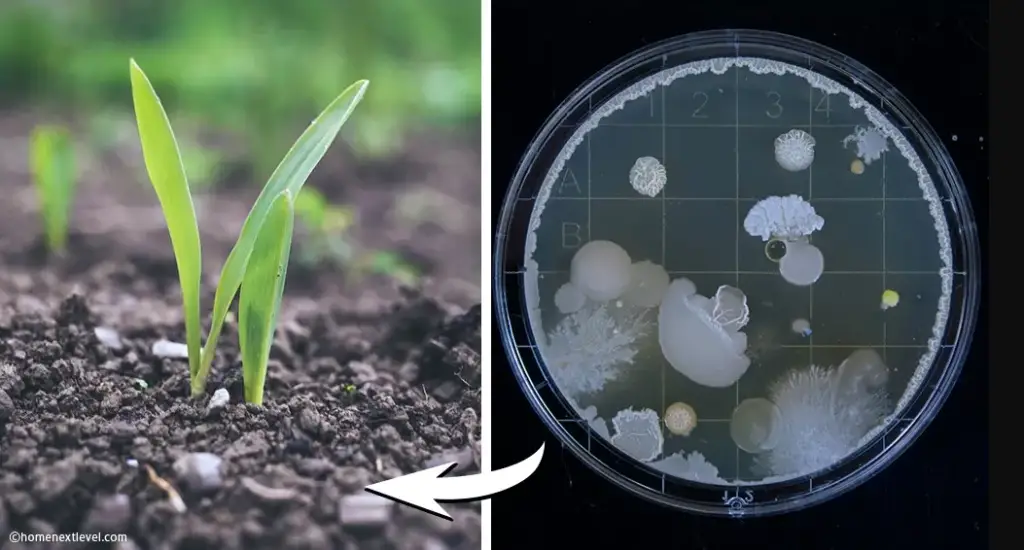
Why does soil smell like sewage and how to solve a problem?
There are several ways to solve the problem. You can read more about them below.
Diagnostics
First, you need to get the plant out of the potting soil and check the condition of the root system. If they have a black tint and a soft texture, then no further action is necessary.
The plant has already begun to die, and it is impossible to restore it. If there are parts with strong and healthy roots, the plant can be saved.
Intervention
Use scissors to cut off plant roots that have been affected by root rot. The soil must be discarded and the container thoroughly rinsed. For high-quality cleaning and disinfection, it is recommended to use a bleach solution. Then dry the pot in the sun.
Care and rehabilitation
The plant roots that remain must be treated with a fungicidal solution. This is a highly relevant solution if the root rot was caused by fungi.
In the end, all that remains is to transplant the plant into the new, healthy soil. Make sure you have good but not poor drainage. At first, indoor plants do not need to be fertilized because this can cause stress.
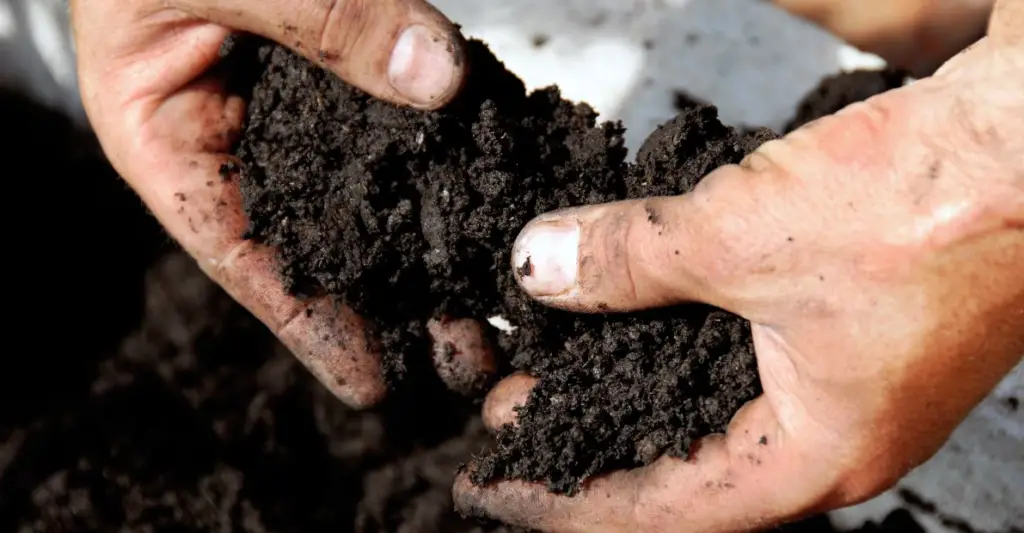
Bad soil smells of animal excrement
Quite often, the garden soil smells like damp manure and ammonia. This occurs for several reasons. The main reasons for such situations include:
- organic fertilizers contain manure that has not been completely recycled;
- application of fertilizers with a high content of ammonia;
- the use of pesticides, which are made based on ammonia.
If you plan to use production soil to enrich it, organic fertilizers are added.
This category includes moss, peat moss, shredded tree bark, manure, or chicken manure. All components must be thoroughly dried, ventilated, and disinfected.
If the manufacturer does not monitor the quality of raw materials, there may be incompletely processed manure in the soil for planting.
When the process of decomposition of organic matter begins, an unpleasant odor begins to appear. In this case, gases containing hydrogen sulfide and ammonia are released.
A smell of manure can appear if you use fertilizers or pesticides that contain ammonia.
Biological pesticides that have a bad smell contain ammonium bicarbonate or ammonium nonanoate. These substances are highly toxic to humans and animals.
How to solve a problem with bad soil smell?
There are several options to solve the problem. If you think that the problem is caused by excessive moisture, you can slightly reduce the amount of water, or improve the quality of the drainage. Allow the soil to dry out before watering again.
If you are watering carefully, check the composition of the pesticides and fertilizers that are being applied. If the pesticide contains ammonia components, it is better to look for other products that are more environmentally friendly.
After you need to dry the garden soil. If there is damp manure inside the soil, the soil must be removed from the pot and spread out in the open sun.
Under the influence of ventilation and ultraviolet radiation, the manure dries out. After a few days, the bad smell will disappear. In the end, don’t forget to replace the soil.
Ways to improve soil smell
Many people wonder, how do you get rid of the smelly ground? If you find that the compacted soil smells bad and excessive, there are a few ways to make the smell more pleasant.
Application of cinnamon for smelly soil
Everyone knows the flavor of cinnamon buns. This spice can be used not only for baking but also to improve the smell of soil compaction. At the same time, cinnamon helps prevent fungal infection.
If you plan to use cinnamon oil, you need to be careful with it. After all, it can leave burns on plants. This is a very effective remedy against parasites.
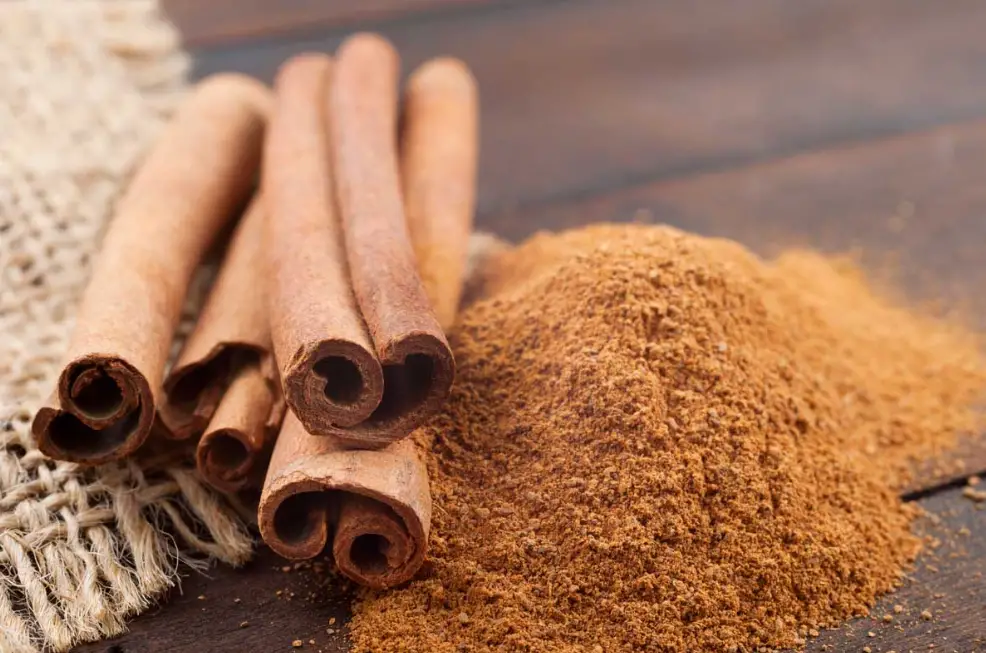
Adding baking soda
As you know, baking soda helps absorb unpleasant odors that may be in the closet or refrigerator.
However, it can be used to eliminate unpleasant odors if the compacted soil smells bad. It also contributes to the destruction of fungi, powdery mildew, and other diseases that may be in the soil.
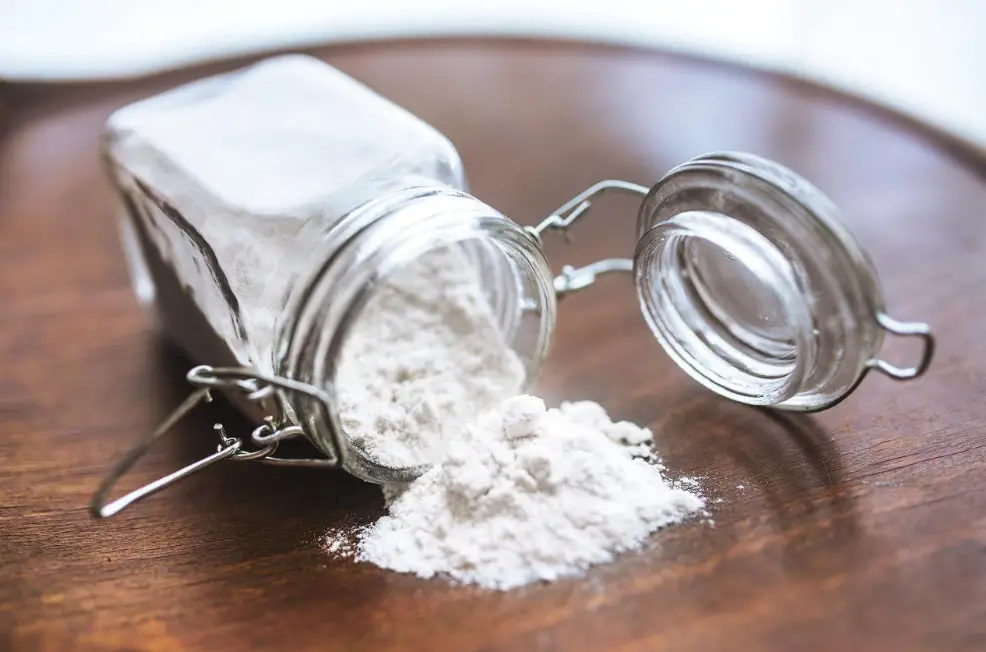
Peppermint oil for smelly soil
The rich aroma of peppermint oil contributes to the fact that the soil has a refreshing aroma.
Some even use the scent of hyssop, which is characterized by earthiness. It helps mask odors as well as repel pests, including plant mites.
Peppermint oil helps kill moss that consumes oxygen. At the same time, it helps to create aerobic soil.
However, you need to remember that you need to work with hyssop carefully. It is highly toxic to humans and animals.
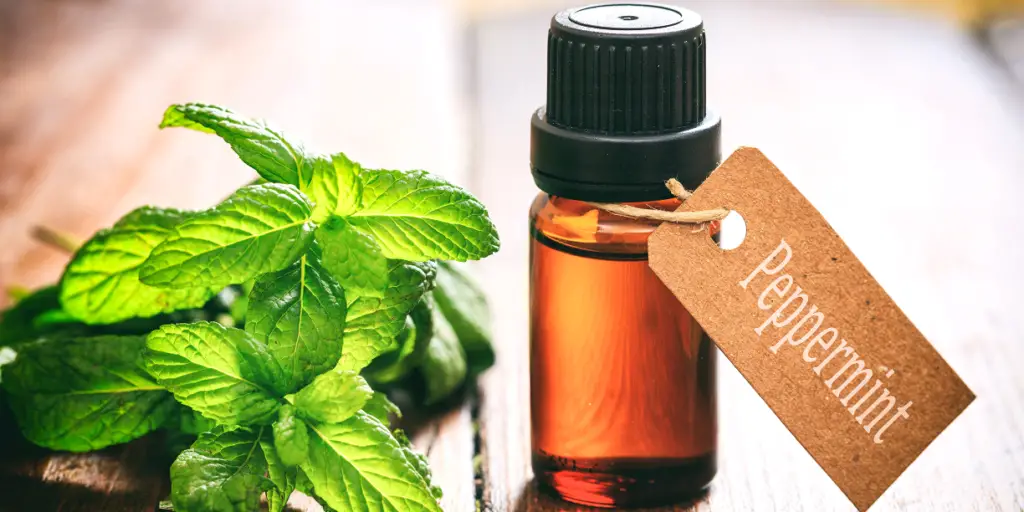
Application of non-synthetic zeolite
If you find it difficult to tolerate unpleasant soil odors that resemble manure, you can use zeolite. It is a natural agent that does not contain toxins. It helps not only to mask but to remove even the strongest odors.
The peculiarity of zeolite is that it can be used with the desired frequency. At the same time, it is very safe.
Mixing with activated carbon
It is allowed to add a small amount of activated carbon to the garden soil. It helps hide strong, unpleasant odors. With the help of activated charcoal, you can make it so that it acquires a pleasantly fresh and earthy smell. Coal removes ammonia and improves soil aeration.
You can add powdered activated charcoal to the soil while planting. If everything was fine before, and only recently an unpleasant smell of manure appeared, activated carbon must be diluted in water, and then the plant should be watered.
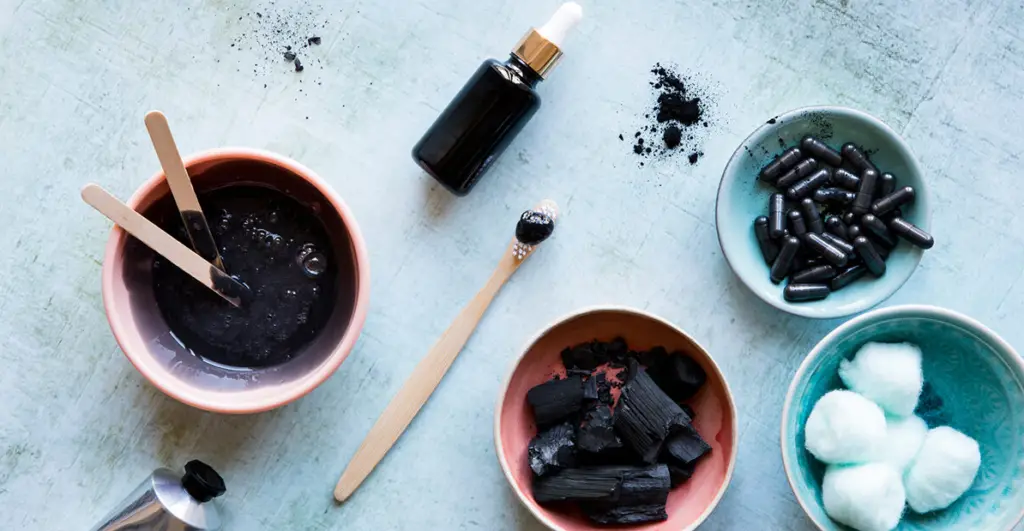
Adding special clay
The use of attapulgite and bentonite is allowed. These are highly sought-after clay options that can quickly and effectively absorb unpleasant odors. Bentonite has disinfectant properties and can be used as a pesticide. You can also use kaolin and magnesium.
Non-use of soil
Some houseplants can grow without soil. If you plan to plant thyme, basil, sage, mint, stevia, ginger, or oregano, you don’t have to use soil. Plain water is enough. Also, ordinary soil can be replaced with coconut coir or perlite.
Soil lack flavor
Often, gardeners are concerned about another problem – the lack of smell in the soil. If you notice that the soil has no smell at all, you cannot use it for planting.
The reason for the lack of smell
As already mentioned, the lack of smell in the soil is not the norm. Often this indicates that the composition does not contain epiphytes, rhizobacteria, and endophytes, which benefit plants. For plants to grow properly, they need bacteria found in the soil.
How to fix the situation?
If you notice that the soil does not smell of anything at all, you have to immediately start solving the problem. There are several ways to do this. At first, try to make the soil more balanced. Check the availability of nutrients in the soil. Check the pH of the soil. If there are deviations, correct them.
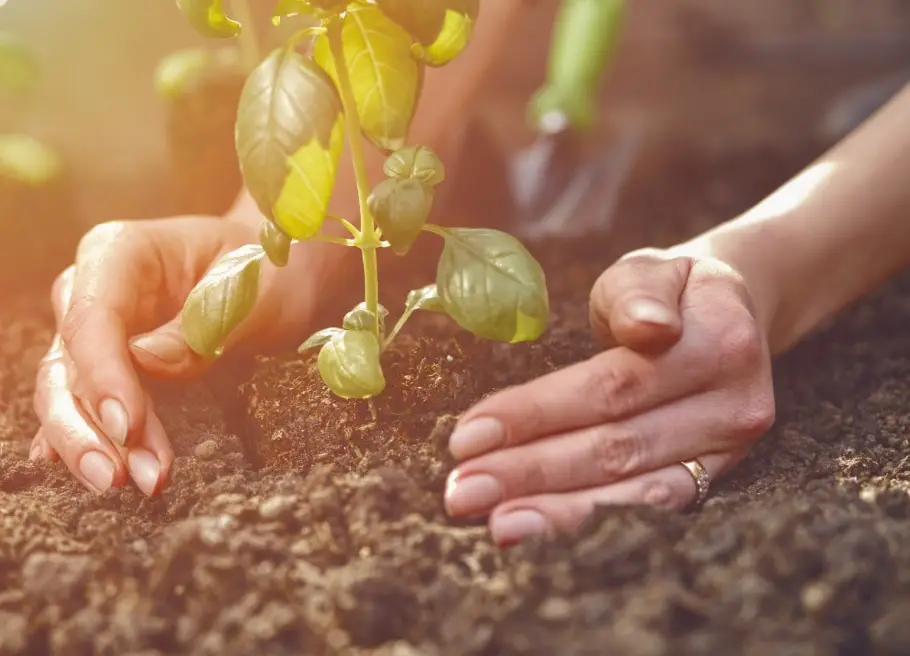
Determining the right soil
To understand whether the soil is suitable for planting or not, you can smell it. It must have a specific aroma.
The smell of healthy potting soil
Everyone knows how the air smells after a downpour or a thunderstorm. This is what healthy soil should smell like. The smell should not contain notes of acid. Healthy soil has a special aroma because it contains certain types of bacteria.
Several terms are relevant for the smell of soil after rain. The first term is petrichor. It explains the aroma of the air after rain or the beginning of the earth’s moisture during a storm.
The second term is geosmin. The pleasant aroma of petrichor begins to stand out under the influence of gases. They are secreted by bacteria and fungi that produce geosmin. It is a compound also produced by fungi and bacteria that imparts the flavor of petrichor.
A person, thanks a well-developed sense of smell, can easily catch the smell of geosmin. Therefore, you can understand which soil is healthy and suitable for growing plants.
Results about bad smells of the soil
As you can see, potting mix and garden soil can smell like manure for a variety of reasons. However, they are not all the norm. Healthy soil should smell like it has recently rained. If an unpleasant odor from potting mix appears, you should not be upset. After all, you have several ways to correct the situation.
Read also: Can you compost weeds: effective methods for resulting compost

